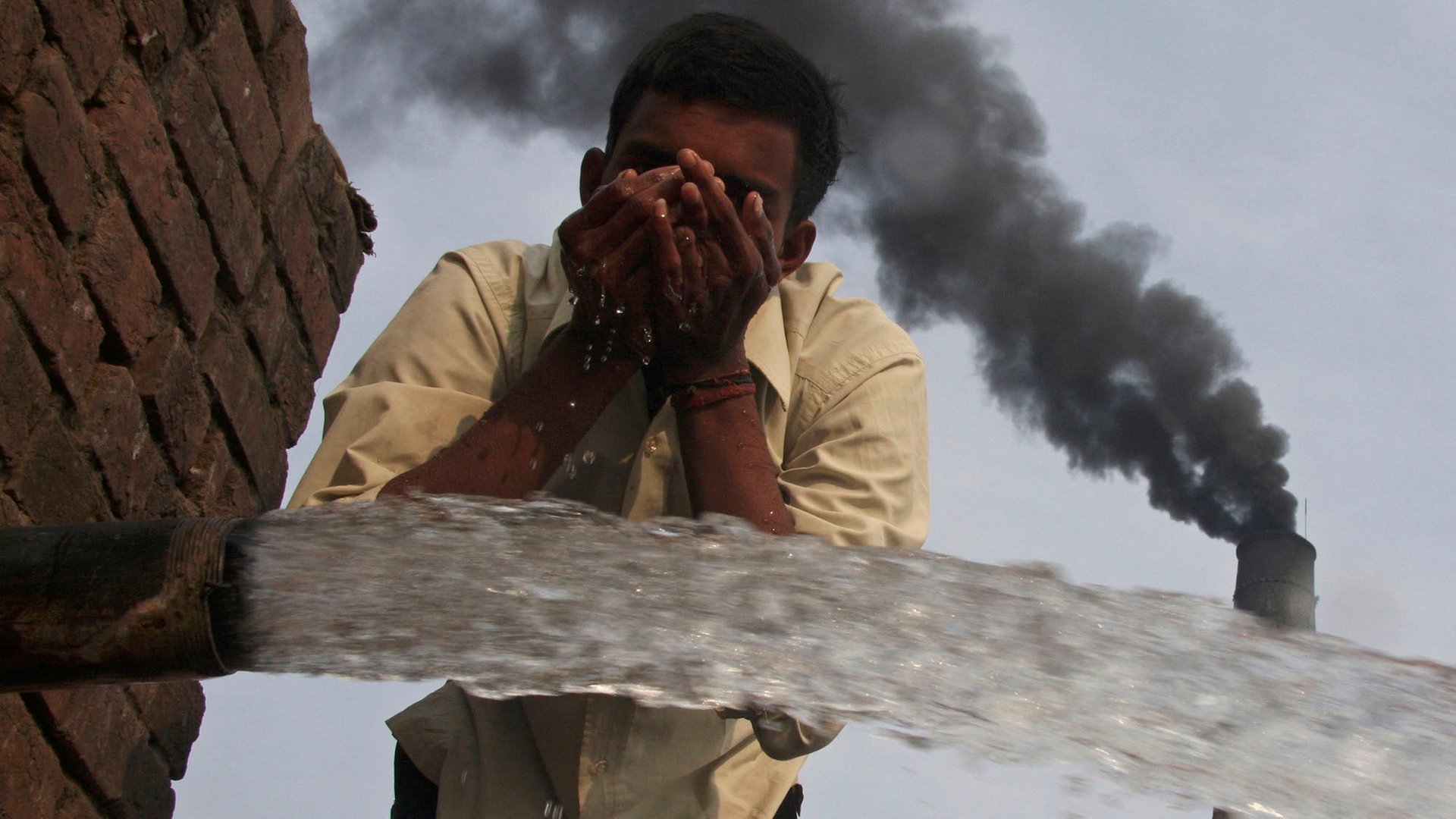Fossil fuels kill more people every year than wars, murders, and traffic accidents combined
Something unique makes humans the top species of the planet. It’s not our exceptional brain size, but our ability to imagine the future. This skill trains us to think unlike other animals and ultimately triumph over them. And, yet, a limitation of this unique ability might also spell our doom.


Something unique makes humans the top species of the planet. It’s not our exceptional brain size, but our ability to imagine the future. This skill trains us to think unlike other animals and ultimately triumph over them. And, yet, a limitation of this unique ability might also spell our doom.
At a meeting in Paris, world leaders are scratching their heads about how we can deal with the imminent threat posed by global warming. Our energy-thirsty civilization is guzzling fossil fuels at an unsustainable rate and we are soon to run out our carbon budget. If we don’t act now, disastrous consequences are predicted: rising sea levels, extreme weather events, easy-to-spread infections and so on.
But, as Arnold Schwarzenegger makes it clear, despite our ability to dream up dystopia, “Stuff that happens in the future does not mean anything to people.” It’s a limitation that could seriously hinder a successful outcome in Paris.
One way out may be to reframe the debate. Global warming will affect billions of lives in the future. But, by one estimate, our love for fossil fuels may already be responsible for more deaths than those caused by wars, murders, and traffic accidents combined.
These figures come from the 2012 Climate Vulnerability Monitor. In 2010, some 4.5 million deaths could be attributed to air pollution, because of the production of carbon particles and nitrogen oxides. Another 500,000 deaths that year could be attributed to changes in climate, which lead to extreme weather events, flare ups in infectious diseases, and other disastrous phenomena.
Of course, things are only going to get worse. But few people will understand what “worse” will look like in the future. Better to think about how our fossil fuel use is already affecting the planet and its inhabitants, and act now.